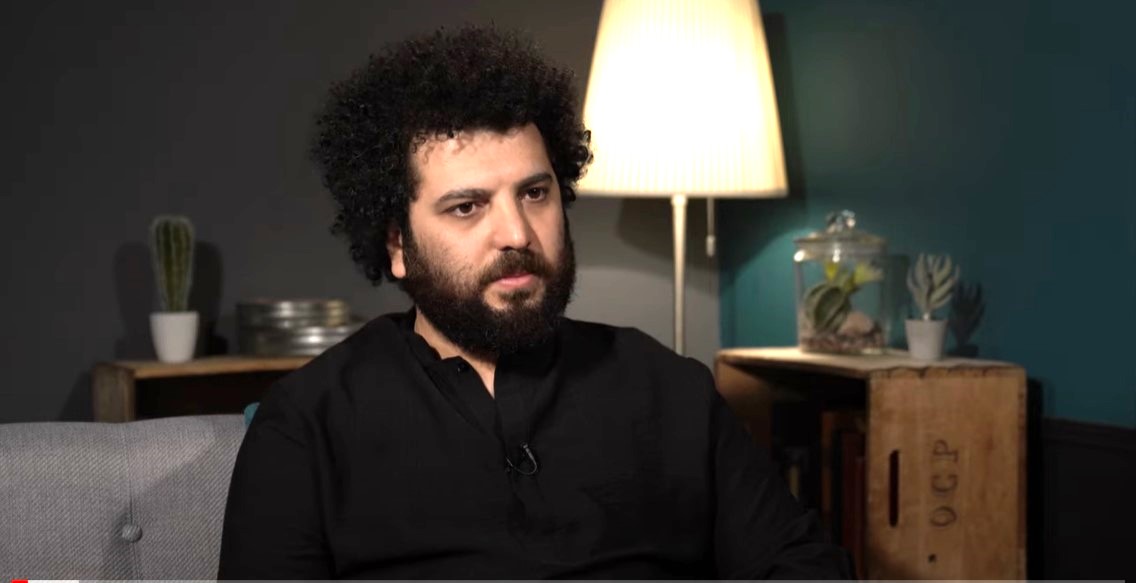Iranian filmmaker Saeed Roustaee, whose latest film, Leila’s Brothers, was acclaimed at the Cannes Film Festival of 2023, and garnered international awards, has been sentenced to six months in prison and a five-year exclusion from the broader film industry.
Leila’s Brothers, directed by Abbas Kiarostami and starring Leila Hatami, Peyman Moaadi, and Shahab Hosseini, follows the lives of three siblings who reunite in Tehran after their father’s death and face various challenges and conflicts. The film premiered at the Cannes Film Festival and received critical acclaim for its realistic portrayal of Iranian society, its complex characters, and its poetic cinematography. It was nominated for the Palme d’Or and won the Jury Prize, as well as several other awards at international festivals. It also won the FIPRESCI Prize and the Citizenship Prize, and later made its way to the Munich Film Festival a month after Cannes, earning a special mention for the ARRI/OSRAM Award for Best International Film.
The film is considered one of Kiarostami’s best works and a masterpiece of Iranian cinema. But Roustaee reportedly failed to make the demanded alterations before submitting it to the festival despite restrictions from the Cinema Organization of Iran, a facet of Iran’s Ministry of Culture, demanding that he modify the film to omit controversial material.

While the Iranian film industry is one of the most vibrant and successful in the world, it faces strict censorship from the state and other authorities. Iranian filmmakers must follow tight rules that adhere to guidelines that are in line with the Islamic religion; they forbid showing unveiled women, physical contact between men and women, and criticism of Islamic principles. The censorship process is complex, unpredictable and often arbitrary, forcing filmmakers to be creative and subtle in expressing their views.
The Islamic Revolutionary Court reportedly charged the filmmaker with “propaganda against the government” for the film’s critique of the Iranian government’s handling of the nation’s current economic state as well as the societal position of women.
The Cinema Organization of Iran subsequently banned Roustaee’s film from screening anywhere in the nation before its screening in Munich, citing “the ongoing nature of [the director’s] violation” of failing to obtain international screening permits or adjusting the film. Last January, the film’s producer, Javad Norouzbeigi, was summoned by the Iranian police for his involvement with the feature.
In addition to serving a jail sentence and pausing his work in the film industry for five years, Roustaee is also required to take a course on “filmmaking while preserving national interests” at the Qom Vision and Sound Academy, essentially an attempt on the part of the government to “rehabilitate” the wayward filmmaker and bring him back in line with what can be viewed objectively as the production of propaganda.
Some reports indicate that Roustaee may only be obligated to serve a fraction of his sentence in prison. The Association of Iranian Cinema Directors decried Roustaee’s sentence as “the strangest judicial verdict in the history of Iranian cinema,” calling for the prevention of the director’s imprisonment “so as not to create more of this atmosphere of despair and hopelessness” in the industry.
Some filmmakers have faced bans, threats, confiscation of their passports, or even imprisonment for their work. Others have migrated to other countries to escape the repression. Censorship has to some degree isolated the domestic market from global trends and limited artistic freedom. Roustaee is only its latest victim.










